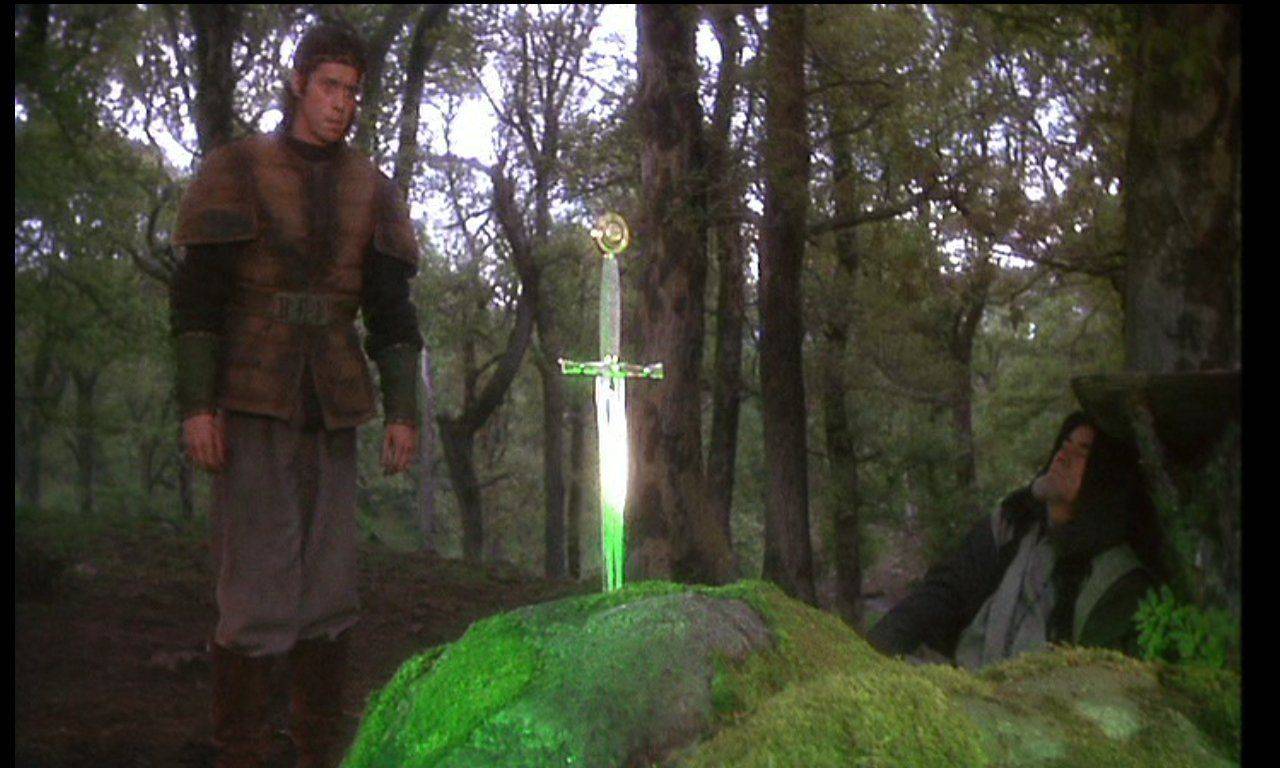Historic fiction is a slippery slope. I am currently writing about Japan in the historic period in and around the Gempei War—a war of historic record. My main character is Yamabuki, a female warrior, a person who is recorded in some annals, but whose life is almost unknown. How much can a writer make up while entertaining her audience, while staying more or less faithful to the period?
Some writers will go completely around this problem. We have Lord of the Rings, and The Game of Thrones. In these novels, there is no historic period, per se, so as long as we accept the author’s rules, we have no complaints.
At the other end of the spectrum, we have stories (films) such as Dark Knight (Batman) or Man of Steel (Superman) where things verge on the impossible, yet there is a gloss of technology (or at least pseudo-scientific reasoning) that avoids out and out magical explanations, though we do see some hints of magic in Batman Returns.
In the middle there are stories along the line of England’s King Arthur (Uther?) or Russia’s Prince Igor (Ingmar?) that ascribe great deeds to people who remain in history’s shadows. Or, Blackthorn, in the novel Shogun and his interaction with lordly Yoshi Toranaga (Tokugawa Ieyasu?) where the events of Japanese history are blended with fantasy. So the rhetorical question: in historic fiction, is the writer crossing a line when supernatural or pseudo-supernatural forces are encountered? And just because it is an advanced civilization, don’t think that Luke Skywalker is beyond calling on The Force. The borders are not bright lines and I am sure than not every reader will accept shape-shifting foxes, swords that transmit their prior owner karmas, or ghosts who seem all but real.
Is _Cold Sake in the realm of history, or is it squarely fantasy? It’s something that is a challenge, and only the readership will acknowledge by voting with their eyeballs and buying category.
